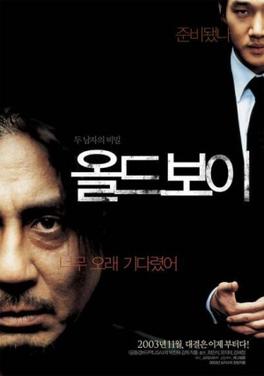 |
| Kim Min-hee and Kim Tae-ri in The Handmaiden |
The fine line between explication and exploitation is carefully negotiated by Park Chan-wook in The Handmaiden. To one critic, Laura Miller, comparing Park's film to the Sarah Waters novel, Fingersmith, on which it's based, the film's scenes of Lady Hideko and Sook-he in sexual congress are "disappointingly boilerplate" and filled with "the tired visual clichés of pornographic lesbianism." But to Jia Tolentino, they're expressive of the liberation of the female characters: "The effect is thrilling -- it's the most satisfying bit of wish-fulfillment and fantasy in a movie that is pornographic in more ways than one." Pornography, as Justice Potter Stewart once ruled, lies in the eye of the beholder; you can't define it but you know it when you see it. I, for one, don't see it in The Handmaiden: The scenes that disappointed Laura Miller and satisfied Jia Tolentino seem to me more athletic than erotic, though I side with Tolentino's conclusion that they're integral to the film's portrayal of a kind of liberation. Lady Hideko and Sook-he have freed themselves from the demands of men, from the creepy audience at Hideko's readings from her uncle's collection of sadistic erotica, and from the faux Count Fujiwara's manipulations of both women. In the end, The Handmaiden seems to me more successful as an ingenious erotic thriller than as a tribute to female liberation, but perhaps the truth is that the film is neither one nor the other, but rather a finely articulated blend of both.

